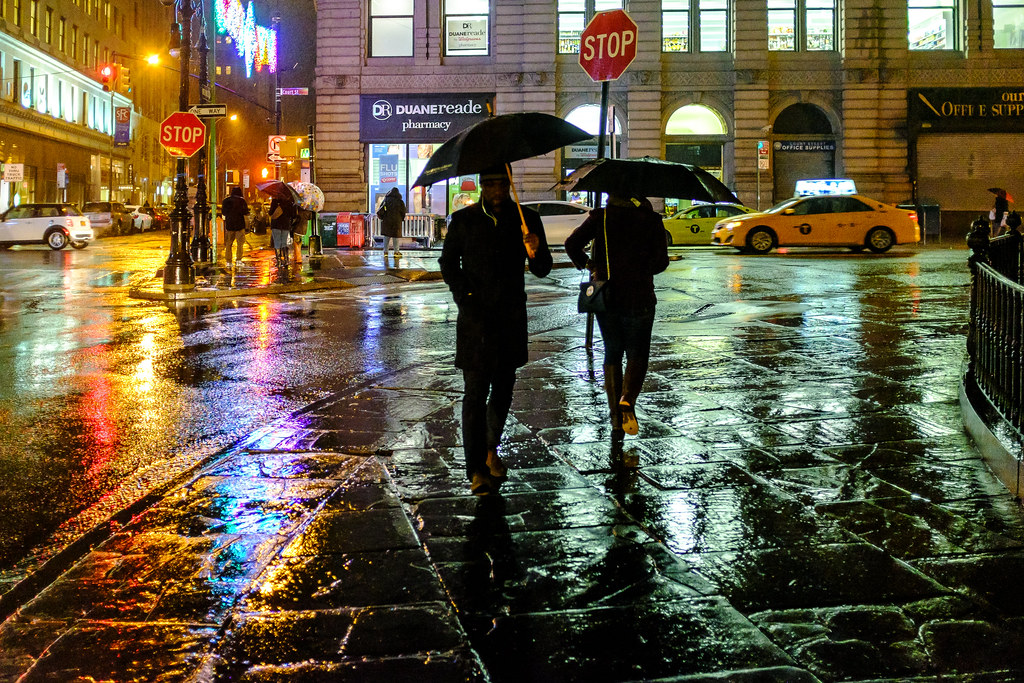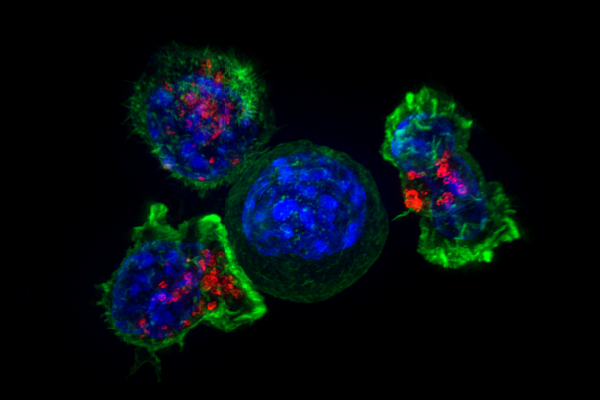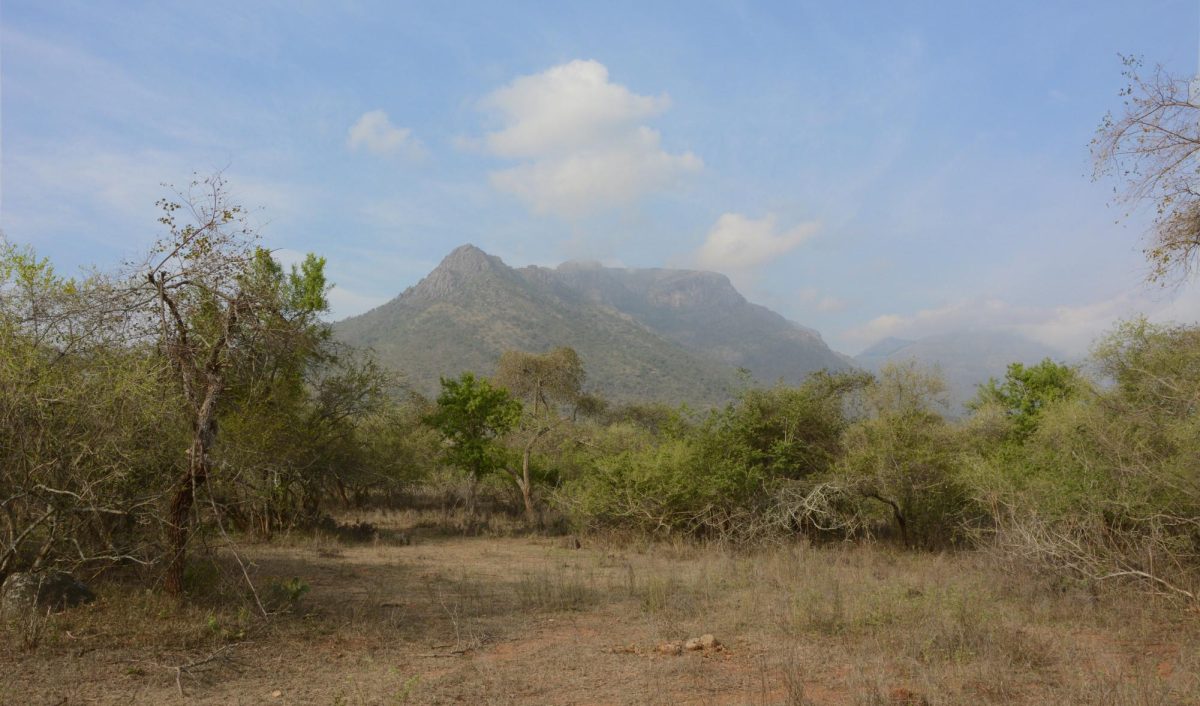New York City is expected to experience warmer weather, an increase in rainfall and higher levels of humidity in the coming years.
The city went without snow for a record-breaking 701 days, nearly two years until it finally snowed on Feb. 12, 2022.
Snow has been scarce in the city in recent years.
The New York City Panel on Climate Change estimated that sea levels are expected to rise by more than a foot in the 2030s. This is concerning given that higher seas mean that there will be frequent flooding.
Currently, coastal New York City is encountering an elevated rate of sea level rise compared to the global average.
The NPCC projected that in the 2030s annual precipitation “is expected to increase by up to 10%” and the city may become “between 2 and 4.7 degrees warmer.”
Radley Horton, a climate professor at Columbia University and NPCC member, emphasized that rising temperatures will result in more hot days and prolonged heat waves. Horton noted that heat waves pose significant health risks and increase the prospect of blackouts and power failures.
Due to global warming, New York City is set to undergo temperature increases. Already, there has been a noticeable uptick: average temperatures in Central Park, for instance, have been rising by a quarter of a degree per decade since 1900 — suggesting that the city is roughly 3 degrees warmer than during the Gilded Age.
According to the latest modeling by the NPCC, temperatures across the city are expected to surge by 5.1 to 13.5 degrees by the year 2100.
Researchers have pointed out the uncertainty regarding drought risks, particularly concerning potential shifts in the demand for drinking water and increased evaporation due to higher temperatures.
Each year, heat results in 370 fatalities in New York City, although not all residents are prone to the same level of susceptibility. Certain neighborhoods, particularly those with fewer trees or without sea breeze, tend to experience higher temperatures than others.
According to the NYC Mayor’s Office of Climate and Environmental Justice, this new information will propel change in the right direction regarding the government’s planning, policies and programs — influencing the design and location of projects.
“Things are going to get hotter and relatively wetter,” Luis Ortiz, a climate scientist and professor at George Mason University, said. “We need to prepare, and we need to adapt now to get ready for those changes.”
Cutting down on carbon emissions is no longer an option; it has become a necessity.









PG • Mar 4, 2024 at 4:13 pm
are you talking about degrees Fahrenheit? Degrees (without Fahrenheit or Celsius) is not a unit